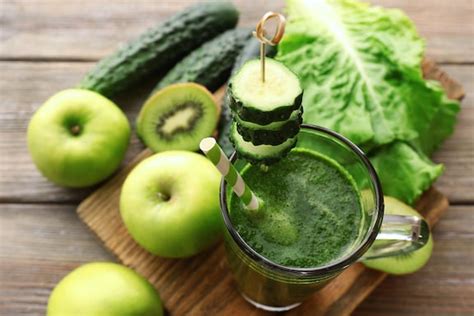What daily habits optimize testosterone for improved strength & drive?

Testosterone is a vital hormone, especially for men, playing a crucial role in maintaining strength, muscle mass, bone density, libido, mood, and overall energy levels. As men age, testosterone levels naturally decline, but various lifestyle factors can either accelerate this decline or help optimize production. The good news is that many daily habits can significantly impact your body’s ability to produce and utilize this essential hormone. By integrating specific practices into your routine, you can naturally enhance your strength, boost your drive, and improve your overall well-being.
Lift Heavy, Move Often: The Exercise Prescription
One of the most potent natural stimulators of testosterone production is resistance training. Focusing on compound exercises like squats, deadlifts, bench presses, and rows engages large muscle groups, triggering a greater hormonal response. Aim for 3-4 sessions per week, incorporating progressively heavier weights. High-intensity interval training (HIIT) can also be beneficial due to its acute hormonal boost, but avoid chronic, excessive long-duration cardio, which can sometimes have a detrimental effect on testosterone levels.

Fuel Your Hormones: The Power of Nutrition
Your diet is a cornerstone of hormonal health. Adequate intake of healthy fats, particularly monounsaturated and some saturated fats, is crucial for testosterone synthesis. Think avocados, olive oil, nuts, and quality red meat. Ensure sufficient protein intake for muscle repair and growth, and don’t shy away from complex carbohydrates to fuel your workouts and maintain energy. Key micronutrients like zinc (found in oysters, beef, pumpkin seeds), Vitamin D (from sunlight and fortified foods), and magnesium are also vital cofactors in testosterone production. Conversely, excessive sugar, refined carbohydrates, and processed foods can negatively impact hormone balance.

The Unsung Hero: Prioritizing Quality Sleep
Sleep deprivation is a silent killer of testosterone. The majority of your daily testosterone production occurs during deep sleep cycles. Consistently getting fewer than 7-9 hours of quality sleep per night can significantly depress your levels. Prioritize sleep hygiene by maintaining a consistent sleep schedule, creating a dark, cool, and quiet bedroom environment, and avoiding screens before bedtime. A well-rested body is a hormonally optimized body.

Conquer Stress, Boost T: Managing Cortisol Levels
Chronic stress leads to elevated cortisol levels, a hormone that directly antagonizes testosterone. When your body is constantly in a “fight or flight” state, it prioritizes survival over reproductive functions. Implementing stress management techniques such as meditation, deep breathing exercises, yoga, spending time in nature, or engaging in hobbies you enjoy can significantly lower cortisol and create a more favorable environment for testosterone production. Finding healthy outlets for stress is paramount for hormone balance.

Beyond the Basics: Lifestyle Adjustments for Optimal Levels
Maintaining a healthy body weight is crucial; excess body fat, particularly around the abdomen, can increase the conversion of testosterone to estrogen. Limit alcohol consumption, as excessive intake can directly impair testosterone production. Stay adequately hydrated throughout the day. Furthermore, be mindful of environmental disruptors like BPA and phthalates found in plastics, which can mimic estrogen in the body. By adopting a holistic approach that encompasses these daily habits, you’re not just aiming for higher testosterone levels, but also for a healthier, more energetic, and more driven version of yourself.










